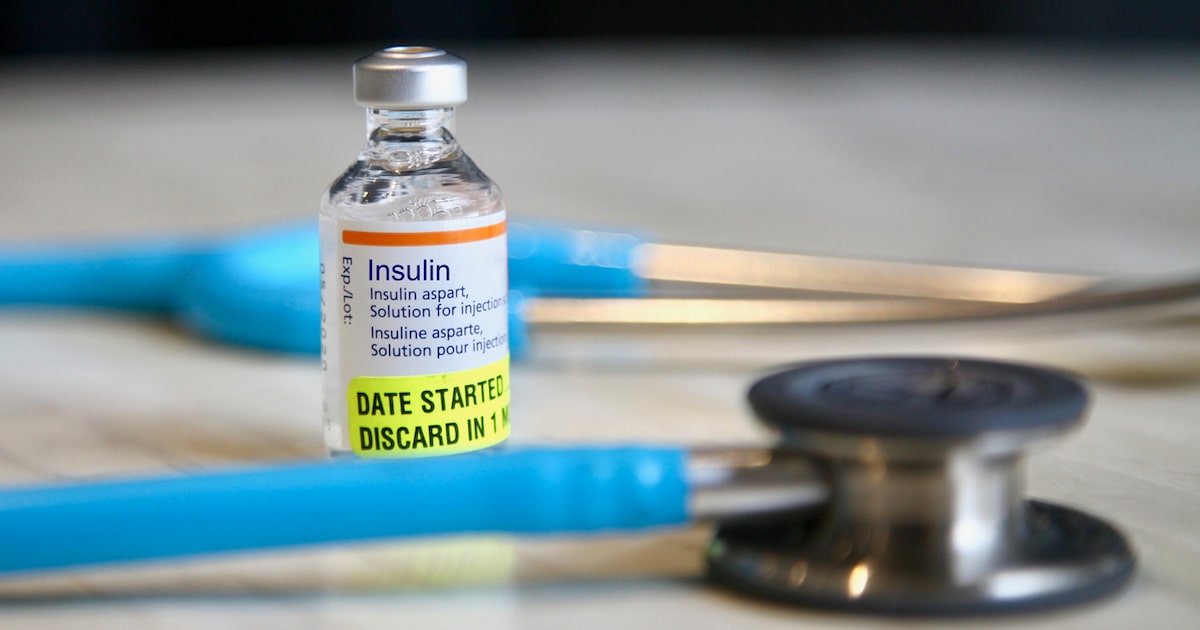Insulin Price War: Texas Health Giant Fights Back Against Skyrocketing Costs

A legal storm is brewing in the pharmaceutical industry as hundreds of lawsuits target insulin manufacturers and pharmacy benefit managers, alleging a coordinated effort to artificially inflate drug prices. These explosive claims suggest a complex web of price manipulation that could have devastating consequences for millions of diabetic patients who rely on insulin to survive.
The accusations paint a troubling picture of potential collusion, with plaintiffs arguing that major pharmaceutical companies and pharmacy benefit managers worked together to drive up insulin costs, making this life-saving medication increasingly unaffordable for many Americans. Despite the mounting legal pressure, the insulin manufacturers have firmly denied these serious allegations, setting the stage for what promises to be a high-stakes legal battle that could reshape the healthcare pricing landscape.
At the heart of these lawsuits is a fundamental question: How have insulin prices skyrocketed, making a medication essential for diabetes management increasingly out of reach for patients who depend on it daily? The legal challenges seek to uncover the truth behind these price increases and hold responsible parties accountable for potentially unethical pricing practices.
